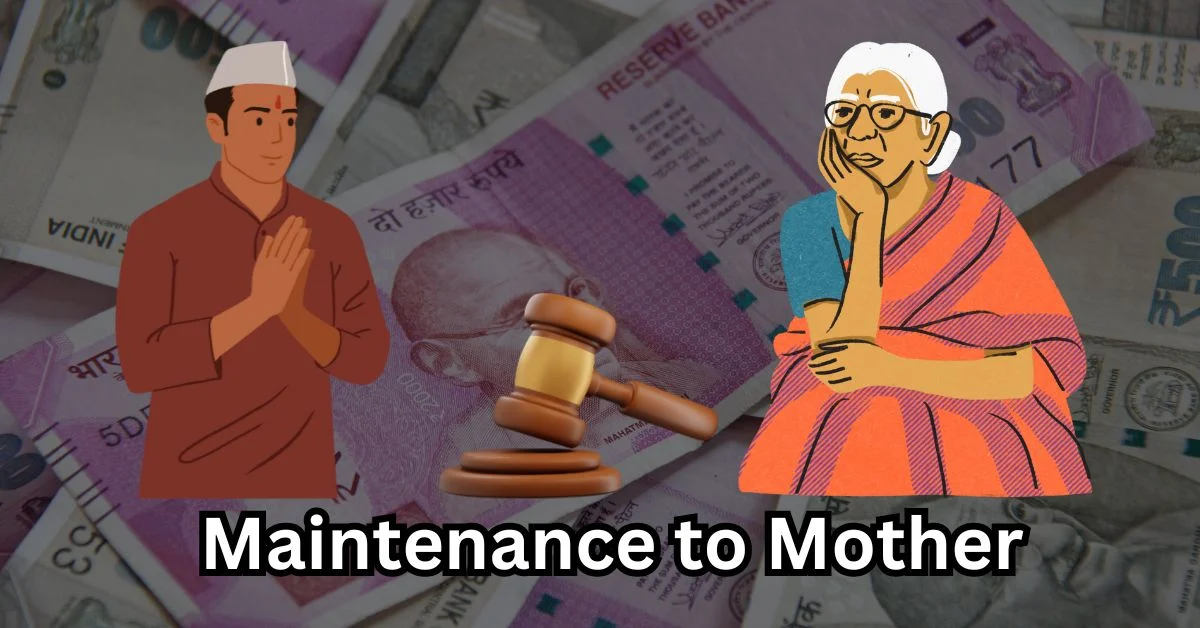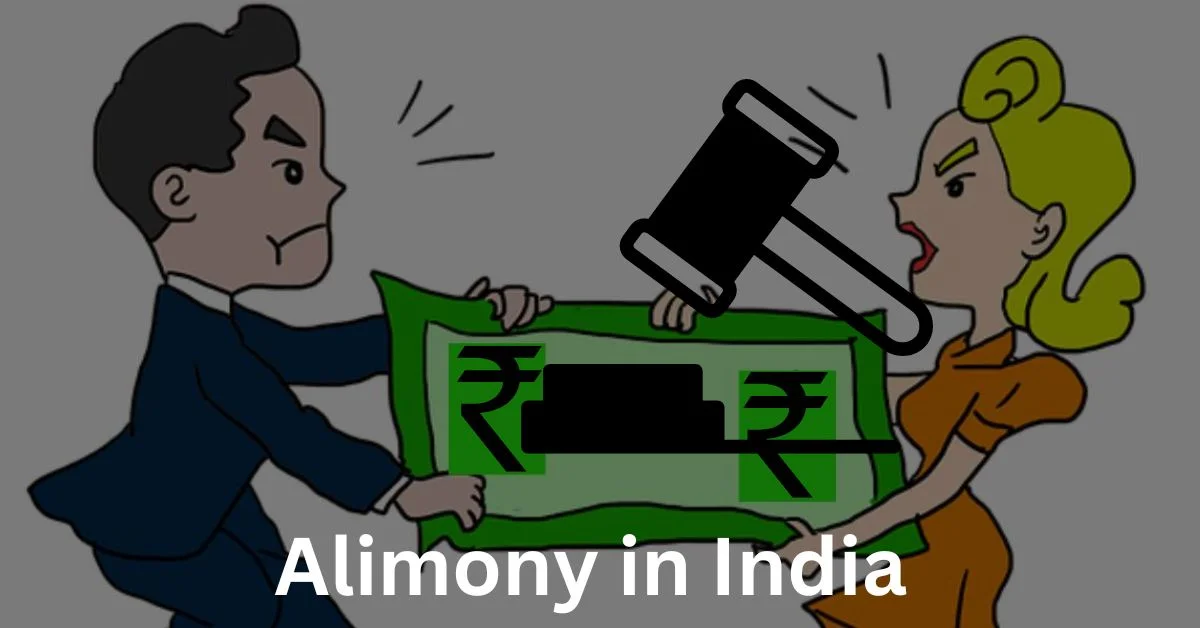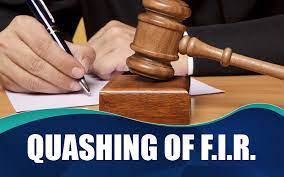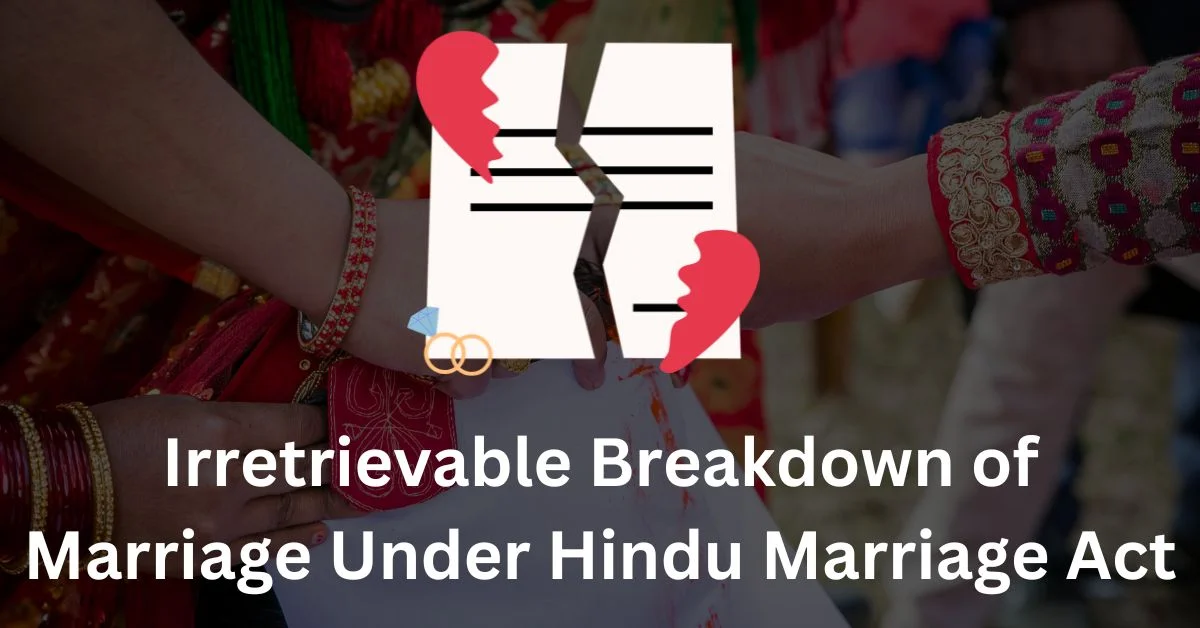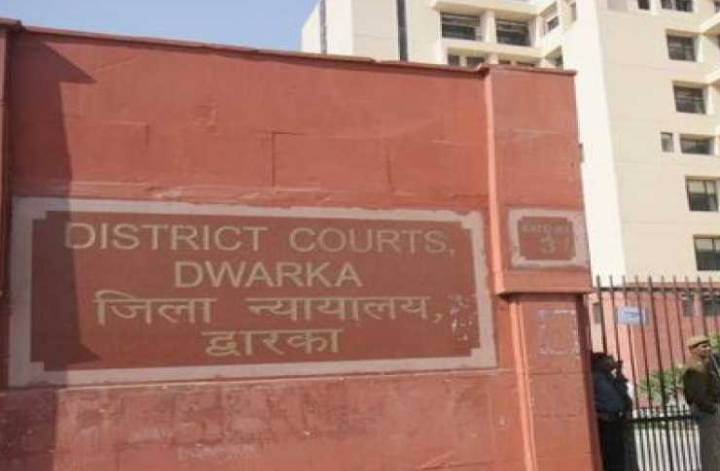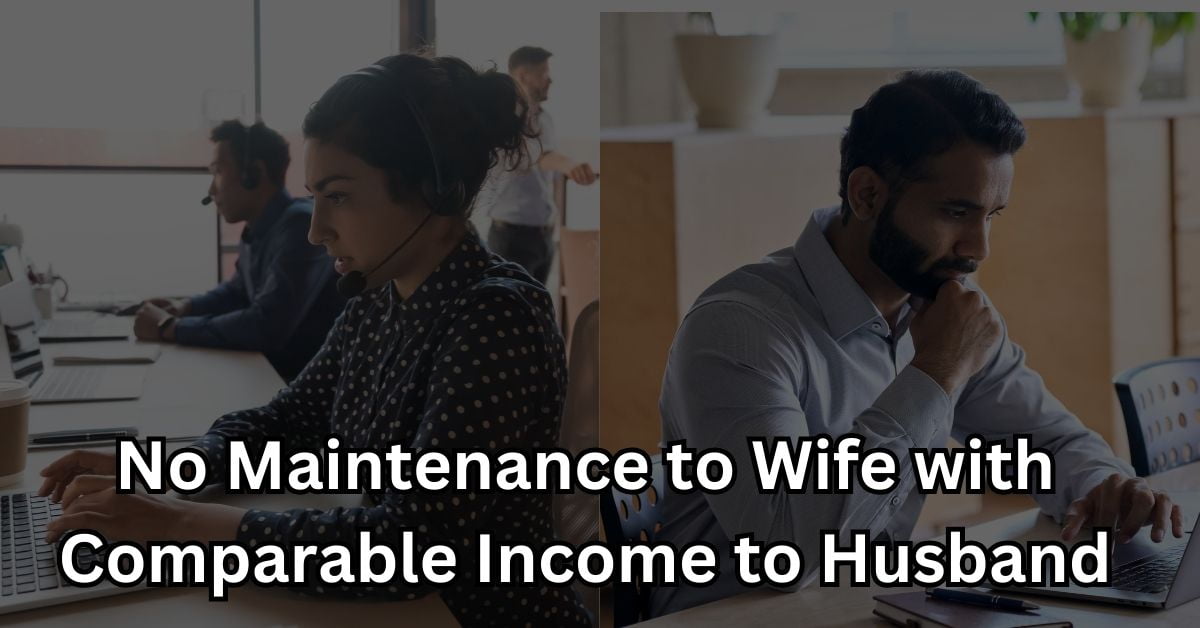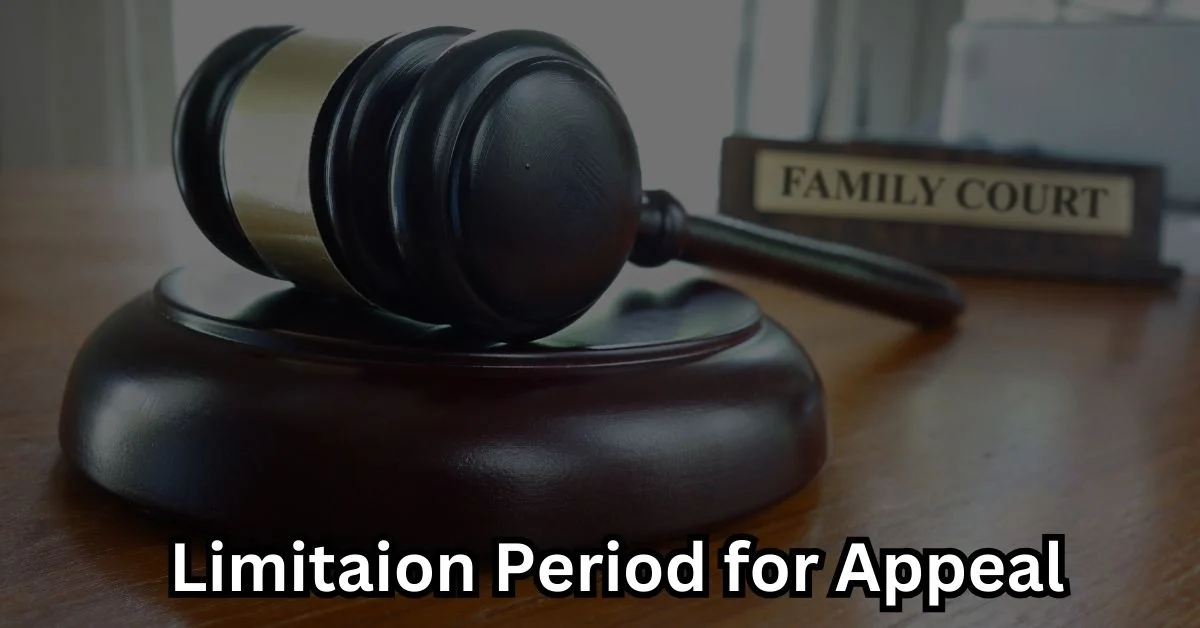Kerala High Court Sets Aside Order for DNA Test
Hon’ble Kerala High Court addressed a paternity dispute case in which a petition filed by the Woman (Referred here as Mrs. Y), aged 35 years, seeking a declaration that she is the lawful wedded wife of the Man (Referred here as Mr. X), aged 46 years. The court’s judgment, delivered on September 7, 2023, has raised crucial legal and evidentiary considerations. Background of the Case The dispute dates back to 2017 when Mrs. Y filed an original petition (OP) seeking recognition as the lawful wife of Mr. X. According to her, a customary marriage took place on September 18, 2009, at Kurunnattukonam Bhadrakali Temple, Mukkathala. Marital rites were subsequently performed at a church near Railway Station, Chinnakkada, on the same day. The couple lived together for several years and had a child during this period. However, in 2014, Mr. X left Mrs. Y, initiating the legal battle. Legal Arguments The…
Order for Maintenance to Mother Set Aside as Son Produced Property Documents of Mother
In a legal twist, the Karnataka High Court has reopened a case involving maintenance to a mother. This case has garnered significant attention due to its intricate details and shifting evidence. The case involves a legal battle between a mother and a son. The Judge of the Additional Family Court, Mysore, on June 12, 2014, had allowed mother’s petition under Section 125 of the Criminal Procedure Code (Cr.P.C.) and asked the son to pay ₹3,000 per moth to the mother. Dissatisfied with the Family Court order, the son filed an appeal before the Karnataka High Court under Section 19(4) of the Family Court Act. The mother, approximately 54 years old, alleged that she was a legally wedded wife and had three children with her husband, one son, and two daughters. Following her husband’s demise, her son had allegedly deserted her and was not providing financial support, rendering her unable to sustain herself. To…
Delhi High Court Overturns Divorce Granted on ‘Denial of Conjugal Rights’ and ‘Irretrievable Breakdown of Marriage’
In a recent judgment delivered on September 19, 2023, by the High Court of Delhi, the concept of ‘Denial of Conjugal Rights’ and ‘Irretrievable Breakdown of Marriage’ took center stage. This article delves into the specifics of this judgment, emphasizing the critical role ‘conjugal rights’ and ‘breakdown of marriage’ played in the outcome of divorce proceedings. Married Life and Legal Battle The couple got married in February 2002 and had a daughter in January 2007. They have different stories about when they started living apart – the husband says it’s since January 2007, while the wife says it’s since May 2007. The husband approached the Family Court in May 2011, seeking a divorce under sections13(1)(ia) and (ib) of the Hindu Marriage Act,1955, on the grounds of cruelty and desertion. The wife, in response, had filed a counter-claim demanding restitution of conjugal rights. Husband’s Allegations Husband claimed that his wife pressured…
Alimony in India: Understanding the Legal Framework and Process
In this article, we will delve into the intricate details of the legal framework and process surrounding alimony, aiming to provide you with the most relevant and valuable information available. Alimony, also known as spousal support or maintenance, plays a crucial role in ensuring financial stability for a spouse after divorce or separation. Understanding the nuances of alimony in India is essential for individuals going through such circumstances. Let’s explore the topic further. What is Alimony? Alimony refers to the legal obligation of one spouse to provide financial support to the other spouse after divorce or separation. It is a means of ensuring that both parties can maintain a similar standard of living post-divorce. The purpose of alimony is to address any economic disparities between the spouses and support the financially weaker spouse. Alimony Laws in India In India, alimony falls under the purview of personal laws, which vary based…
Live-in relationship between two married adults not an offence but woman cannot later claim rape on pretext of marriage: Delhi High Court
The High Court said that protection under Section 376 (rape) of IPC is not available to a woman who was not legally entitled to marry the person with whom she was in sexual relationship. A live-in relationship between two adults who are married may be socially unacceptable but it is not a offence, the Delhi High Court recently held [S Rajadurai v State (NCT) of Delhi & Anr]. In a judgment delivered on September 13, Justice Swarana Kanta Sharma said that moral wrongdoing from the societal perspective and legal criminal wrongdoings are two separate issues, and though some in society may heavily be critical of a live-in relationship between two married individuals, many others may not. “Live-in relationship between two consenting married adults, who are married to different partners, has not been made criminal or legislated against. While concluding that legal enforcement of morals has not been legislated against, and cannot be a…
Family courts cannot grant divorce on ground of breakdown of marriage: Delhi High Court
The Court explained that the power to grant divorce on the ground of irretrievable breakdown of marriage is only vested in the Supreme Court, and not with High Courts, let alone family courts. The Delhi High Court recently clarified that family courts cannot grant divorce on the ground of there being an irretrievable breakdown of marriage. [D v. A] Dealing with the case at hand, which involved Hindu parties, the Court observed that the family court must act strictly in accordance with the provisions governing the grant divorce under the Hindu Marriage Act. The division bench of Justices Sanjeev Sachdeva and Vikas Mahajan highlighted that an irretrievable breakdown of marriage is not a ground for divorce under the Hindu Marriage Act, while setting aside a family court judgment granting divorce on such a ground, among other grounds. The High Court explained that the power to grant divorce on the ground of irretrievable breakdown of marriage can be exercised only by the…
Delhi court grants bail to airline employee mobbed for alleged torture of 10-year-old domestic help
Kaushik Talapatra and his wife were thrashed by a mob in Delhi’s Dwarka area after it was revealed that they allegedly tortured the girl; they were later arrested by the police. A Delhi court on Tuesday granted bail to Kaushik Talapatra, a ground staff engineer working with an airline, who was arrested in connection with the alleged assault of a 10-year-old girl employed as domestic help by him and his wife. Additional Sessions Judge Shama Gupta of Dwarka Courts granted bail to Talapatra after noting that the victim’s statement has been recorded and there are no chances of the accused fleeing from justice. The judge, therefore, directed that Talapatra be released on furnishing bail bond of ₹1 lakh. The Court also directed Talapatra not to contact the victim or her family. Talapatra and his wife Poornima Bagchi (a pilot) were arrested on July 19, 2023 on allegations of mistreatment and causing hurt…
Allahabad High Court directs State, JTRI to draw up standardised evaluation system to assess mental condition of POCSO victims
The Court said the reports of Child Welfare Committees (CWC) under the Protection of Children From Sexual Offences (POCSO) Act are often deficient and not in conformity with the rules. The Allahabad High Court recently directed the Uttar Pradesh government and the Judicial Training & Research Institute (JTRI) at Lucknow to create a standardised evaluation system to determine the mental condition of child sexual abuse victims [Siddhant @ Aashu vs State Of U.P. And 3 Others] Justice Ajay Bhanot said the reports of Child Welfare Committees (CWC) under the Protection of Children From Sexual Offences Act (POCSO Act) are often not in conformity with rule 4 of the POCSO Rules, 2020. Rule 4 provides for preparation of a report by CWC on the condition of the victim and need for their care and protection. The Court said the “dysfunctions” of CWCs and “neglect” in their reports stymies the operation of the POCSO…
Delhi High Court Denies Maintenance to Wife with Comparable Income to Husband
In a recent judgment delivered on September 14, 2023, the Court dismissed an appeal filed by the Wife, against an order dated April 27, 2019. The appeal, was heard by Hon’ble Mr. Justice Suresh Kumar Kait and Hon’ble Ms. Justice Neena Bansal Krishna. Background of the Case The case revolved around a matrimonial dispute between the Wife and the Husband. The couple had entered into wedlock on November 23, 2016, and had a son, born on December 4, 2017. However, due to irreconcilable differences, the couple separated. The husband, initiated divorce proceedings under Section 13 (1)(ia) of the Hindu Marriage Act (HMA). The minor child remained in the custody of his mother/Wife. During the course of the legal proceedings, Wife had sought interim maintenance totaling Rs. 46,000 per month under Section 24 of HMA. Family Court Decision The Family Court considered the financial positions of both parties. The Wife, a qualified B.Tech…
Limitation for Appeal Against Family Court Order is 30 days, Delay can be Condoned Under Section 5 of the Limitation Act
In a recent judgment delivered on September 12, 2023, Hon’ble Delhi High Court grappled with a crucial question: What is the correct period of limitation for filing an appeal against a decree or order passed by a Family Court under the Hindu Marriage Act, 1955 (HMA)? The judgment not only addressed this legal dilemma but also delved into the intricate legal provisions surrounding family law appeals. Understanding the Case The appellant, Pallavi Mohan, contested a divorce petition filed by her husband, Raghu Menon, under Section 13(1)(ia) of the HMA. The Family Court allowed Raghu Menon’s divorce petition on April 11, 2019, leading Pallavi Mohan to file an appeal. The Legal Dilemma A significant legal dilemma emerged in this case regarding the time limit for filing an appeal. The Family Courts Act, 1984, stipulates a 30-day period for filing appeals from judgments or orders of Family Courts. However, Section 28(4) of the HMA prescribes a 90-day period…


